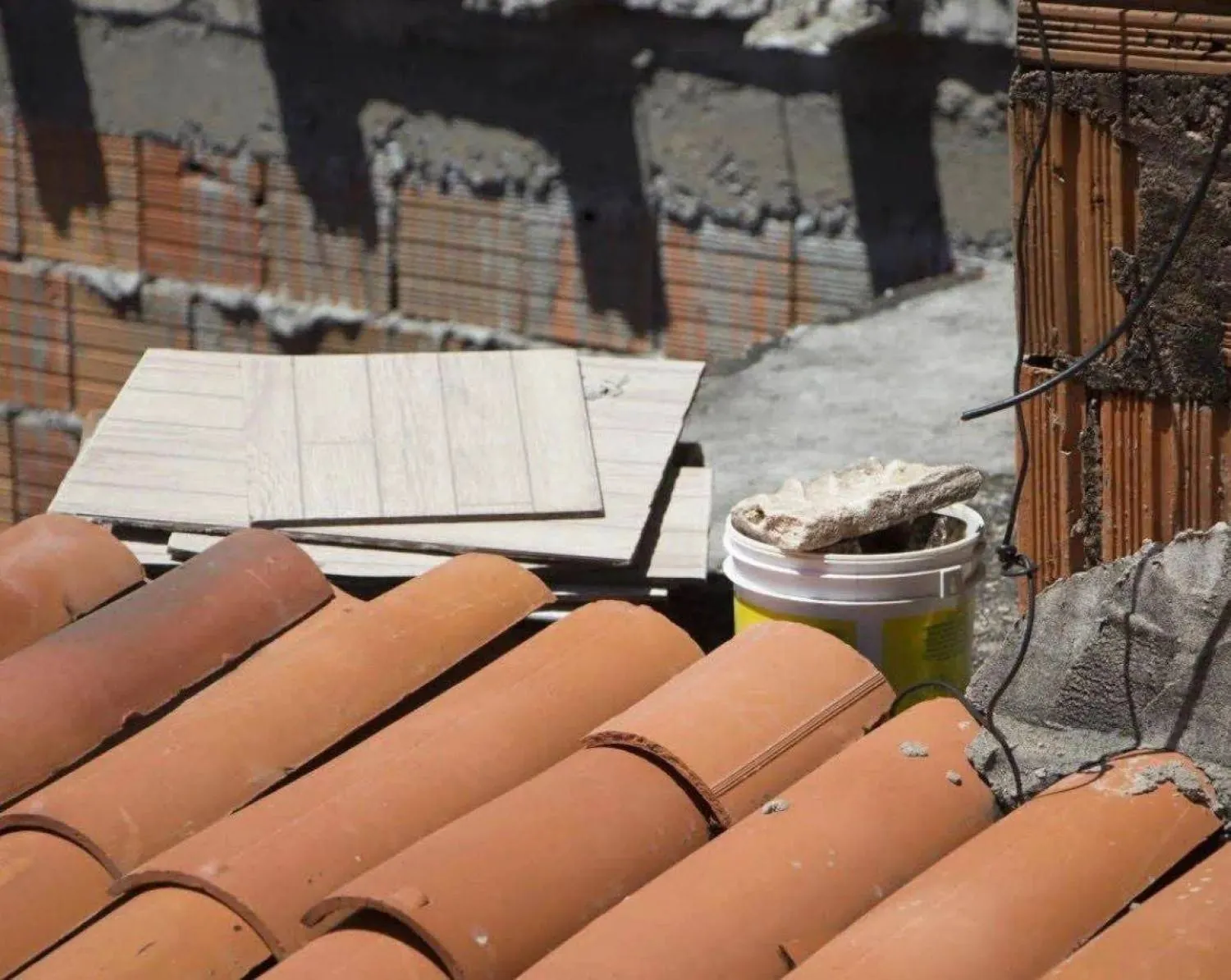Low-wage migrant workers in Qatar have been forced to beg for food as the economic fallout of the coronavirus crisis takes a devastating toll, Britain’s the Guardian reported on Thursday.
In more than 20 interviews, workers in Qatar have described a mounting sense of desperation, frustration and fear.
Many told the newspaper they have suddenly been left jobless, with no other way to earn a living. Others say they are desperate, but unable, to return home. Some have been forced to plead for food from their employers or charities.
“I don’t have much food left. Just some rice and lentils ... What happens when this food finishes?” the Guardian quoted Rafiq, a cleaner from Bangladesh, who lost his job in March, as saying.
A government directive in mid-April allowed companies that have stopped operating due to coronavirus restrictions to put workers on unpaid leave or terminate their contracts, said the report. The government said food and accommodation, which is usually arranged by employers, must continue to be provided, but worker testimonies suggest in some cases this is not happening.
A Filipino beautician who arrived in Qatar two months ago said she received just half a month’s pay and has now been laid off. “My boss says he has no money," she said.
"How will I get food? There is no one to give us. Even my boss is not giving [food],” she added.
Saidul, a decorator from Bangladesh working on a free visa, said he has been without a job since mid-March, and has been borrowing money from friends and relatives for food and rent.
According to the Guardian, domestic workers are particularly vulnerable.
A group of “live out” domestic workers from Nepal, who work in private homes during the day but return to their own rooms at night, told the daily they have been left destitute after they refused to move in with the families they serve.
In response, the women said the company which directly employs them forced them to sign a paper stating it is no longer liable for their salaries.









